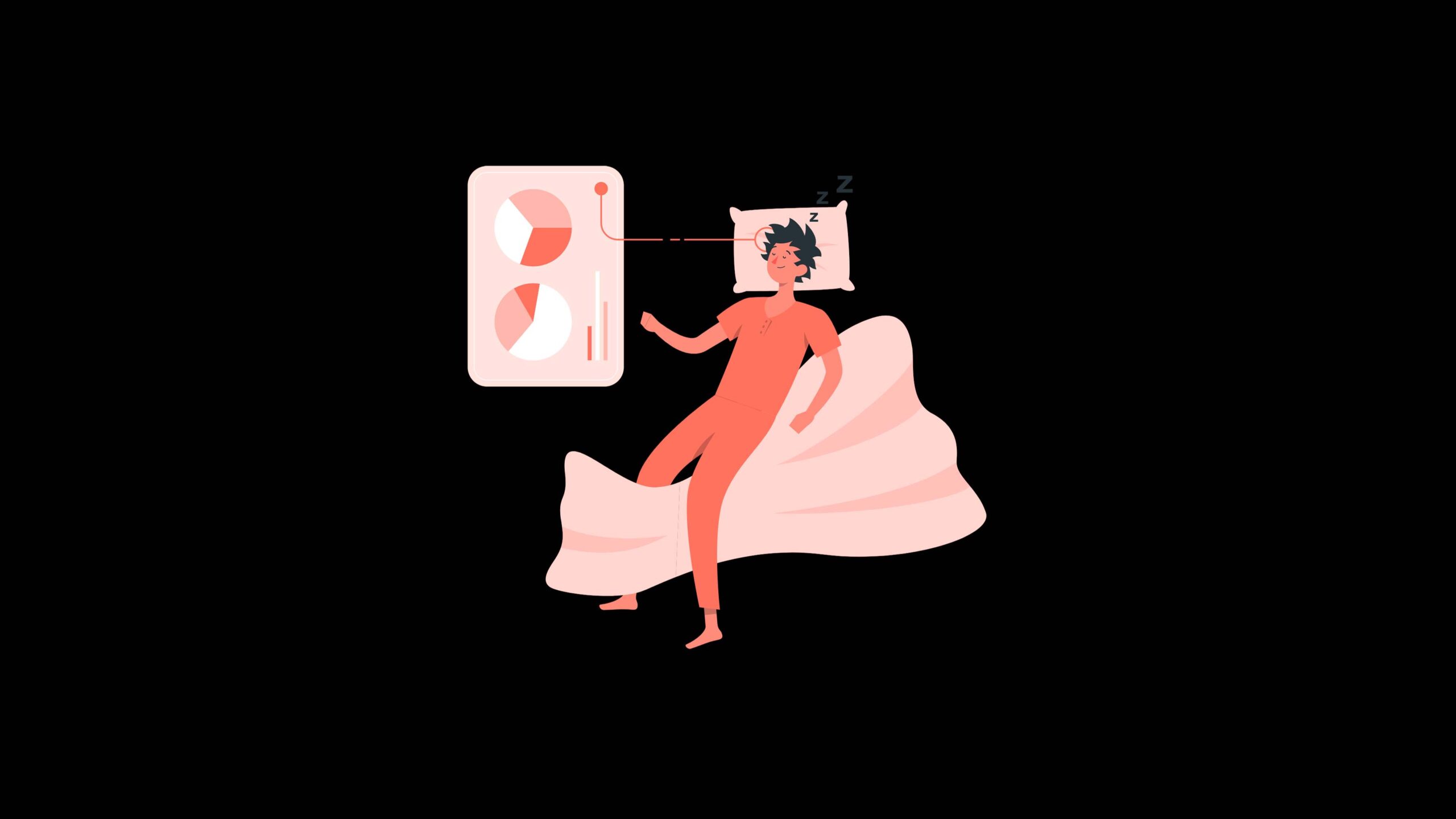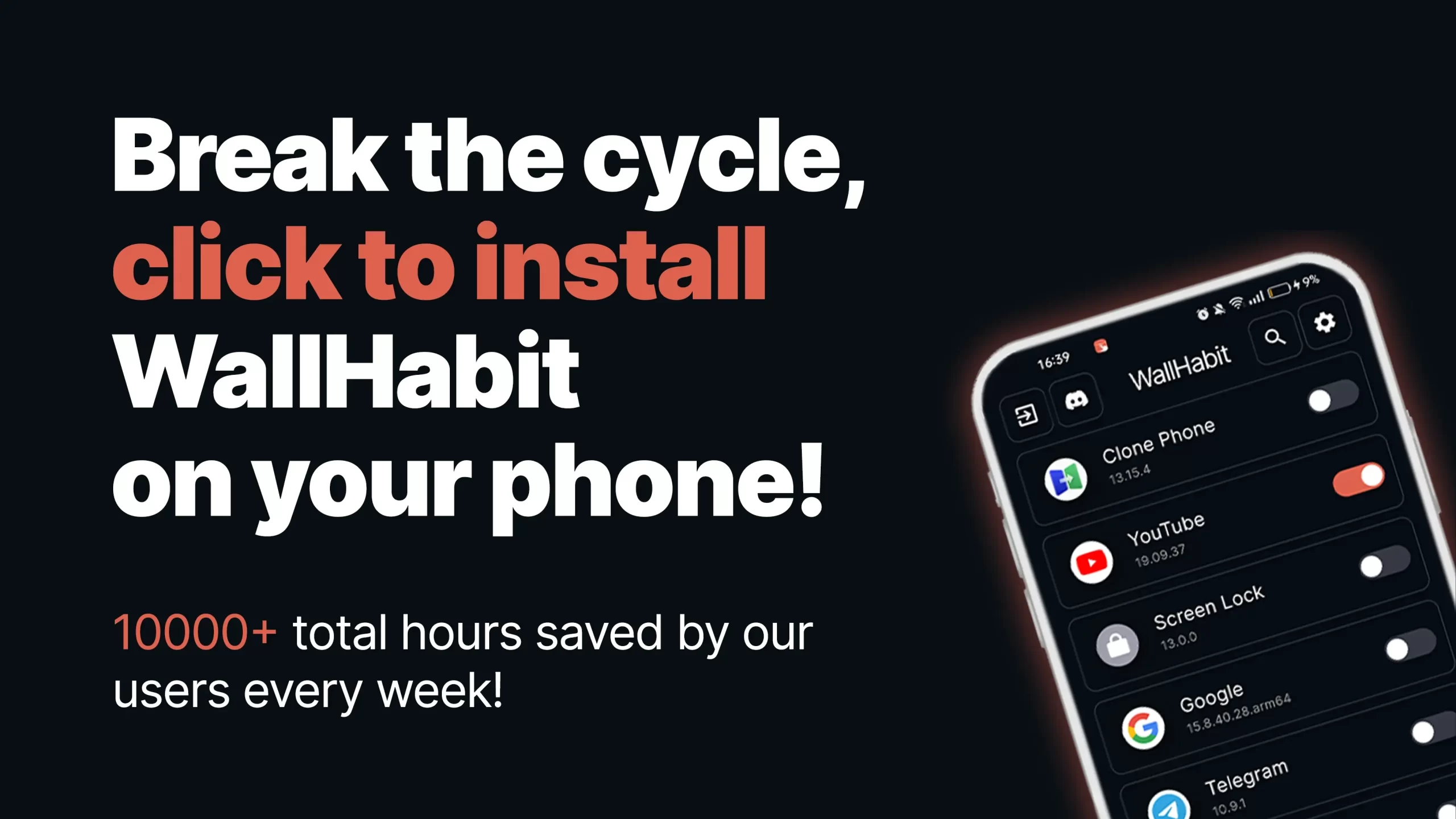Technology is integrated into nearly every aspect of our lives. While it offers convenience and connectivity, it also brings some significant challenges, particularly when it comes to sleep. Many people find themselves lying awake at night, their minds racing after hours spent on their devices. Understanding how technology affects our ability to fall asleep is crucial for anyone looking to improve their rest and overall health.
Our screens, whether from phones, tablets, or laptops, emit blue light that can interfere with our natural sleep cycles. This light tricks our brains into thinking it’s still daytime, thereby reducing the production of melatonin, the hormone that signals our bodies it’s time to sleep. Consequently, we end up feeling more alert and less ready to unwind. This problem is compounded by the constant notifications and engaging content that keeps our brains active even when we should be winding down.
Side Effects of Using Phone at Night
Using your phone late into the night can have several side effects beyond just difficulty falling asleep. One of the primary issues is the impact on your circadian rhythm. This internal clock regulates your sleep-wake cycle, and exposure to screens can disrupt its natural patterns. This can lead to insomnia and overall poorer quality of sleep, which affects your mood, cognitive function, and energy levels the following day.
Another side effect is the increase in mental stimulation. Scrolling through social media or engaging with other content can keep your brain active and engaged long after you’ve put your phone down. This heightened state of alertness makes it even harder to relax and fall asleep. Additionally, the stress from work-related emails or upsetting news can create anxiety, further disrupting your ability to wind down before bed.
How to Limit Your Tech Usage for Better Sleep
Reducing your tech usage before bed is a practical step towards improving your sleep quality. One effective strategy is to set a specific time each evening to put away all devices. Establishing a technology-free period before bedtime can help your mind transition from the day’s activities to a state of relaxation. During this time, you might read a book, practice meditation, or engage in other calming activities that do not involve screens.
Another approach is to use apps or tools designed to manage screen time and minimize distractions. By setting boundaries and creating tech-free zones, you give yourself a better chance to prepare for restful sleep. Technology can be a double-edged sword, but with the right tools, you can harness its benefits while mitigating its negative effects.
Using WallHabit to Control Your Tech Usage Before Sleep
WallHabit is a powerful tool designed to help manage your screen time effectively. One of its standout features is the “Hold to Unlock” function. This feature allows you to block access to specific apps by placing them behind a virtual wall. To use these apps, you must hold down a button, which provides a moment of reflection before you decide if you really need to use them. This extra step can help reduce impulsive use of apps that might keep you awake.
WallHabit also offers the option to block certain types of content, such as shorts and reels. These types of media are often highly engaging and designed to capture your attention for longer periods. By blocking these distractions, you can limit the time you spend on your device and focus on activities that promote relaxation and better sleep.
How Do I Stop Using Technology in Bed?
Stopping technology use in bed is an important part of creating a healthy sleep environment. The bed should be associated with rest and relaxation, not with the stress of checking emails or scrolling through social media. One effective way to stop using technology in bed is to create a nightly routine that does not involve screens. For instance, consider setting up a bedtime ritual that includes reading a book, taking a warm bath, or practicing deep breathing exercises.
Another approach is to physically move your devices out of the bedroom. Place your phone, tablet, and other gadgets in another room to avoid the temptation of reaching for them during the night. This simple change can make a significant difference in how easily you can fall asleep and stay asleep throughout the night.
WallHabit Focus Mode
WallHabit’s Focus Mode is particularly useful for stopping technology use in bed. This feature allows you to set specific times when you want to block certain apps or limit screen time. By scheduling these blocks around your bedtime, you can ensure that you are not tempted to use your device during crucial wind-down hours. This proactive approach helps to reinforce your new sleep habits and supports better sleep hygiene.
In addition to scheduling blocks, WallHabit’s Focus Mode also provides customizable settings for different types of content. You can tailor these settings to fit your personal needs, ensuring that only the most necessary apps remain accessible during your designated focus times. This level of control can help you maintain a healthier balance between your tech use and your need for rest.
Benefits of Not Using Your Phone Before Sleep
Avoiding phone use before bed offers numerous benefits for your overall health and well-being. One of the most immediate advantages is improved sleep quality. Without the interference of blue light and mental stimulation from your device, your body can more easily transition into a restful state. This leads to deeper and more restorative sleep, helping you wake up feeling refreshed and energized.
Additionally, reducing screen time before bed can enhance your mental health. Less exposure to stressful or negative content can help reduce anxiety and improve your mood. It also allows you to better manage your time, as you are more likely to engage in relaxing activities that contribute to a more balanced lifestyle. By creating a consistent bedtime routine that excludes technology, you can foster better sleep patterns and overall well-being.
Conclusion
Incorporating technology into our lives comes with both benefits and challenges. While it offers many conveniences, it can also disrupt our sleep if not managed properly. By understanding the impact of technology on sleep and taking proactive steps to limit its use before bedtime, you can improve your sleep quality and overall health. Tools like WallHabit can provide valuable support in managing screen time and creating a more restful environment. By committing to healthier tech habits, you can enjoy the many benefits of better sleep and a more balanced lifestyle.

